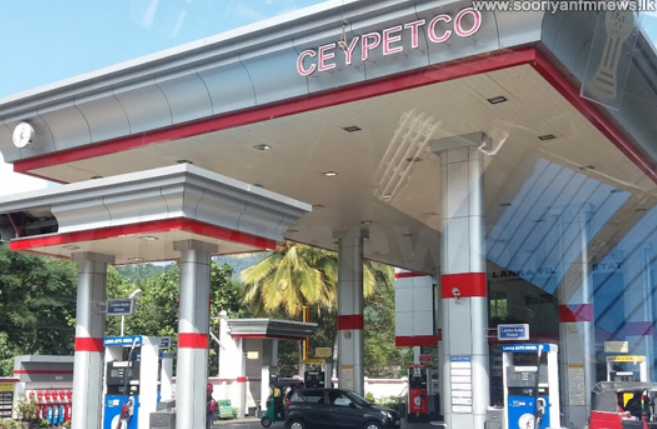
Sri Lanka has decided to award licences to three global oil companies to operate in the domestic retail market as part of the government’s efforts to restructure State-Owned Enterprises, including the loss-making Ceylon Petroleum Corporation (CPC).
Confirming the development in a tweet, Sri Lanka’s Minister of Power and Energy Kanchana Wijesekera said the Cabinet had approved the awarding of licenses to Sinopec, United Petroleum, Australia, and RM Parks, USA, in a collaboration with Shell, to enter the retail market in Sri Lanka.
The three companies will each be allocated 150 dealer-operated fuel stations, currently operated by the state-owned Ceylon Petroleum Corporation, and obtain 20-year licences to import, store, distribute and sell petroleum products in Sri Lanka. A further 50 fuel stations will be established at new locations by each company, said the Minister.
The move is aimed at diversifying Sri Lanka’s retail fuel market that is currently a duopoly, with the state-owned CPC and Indian Oil Corporation subsidiary Lanka IOC, which controls a third of the market.
Acute shortages
During last year’s economic meltdown, Sri Lanka experienced acute fuel shortages, as the government ran out of dollars to import crude oil. Citizens waited in long queues outside petrol sheds for days together to access fuel, and it was following Indian assistance that supply was partially restored. Subsequently, the government introduced a QR-code system rationing weekly fuel sales to consumers.
Further, in May last year, Sri Lanka raised petrol prices by 24.3 per cent and diesel by 38.4 per cent, a record hike that in turn led to a rapid increase in costs of essentials.